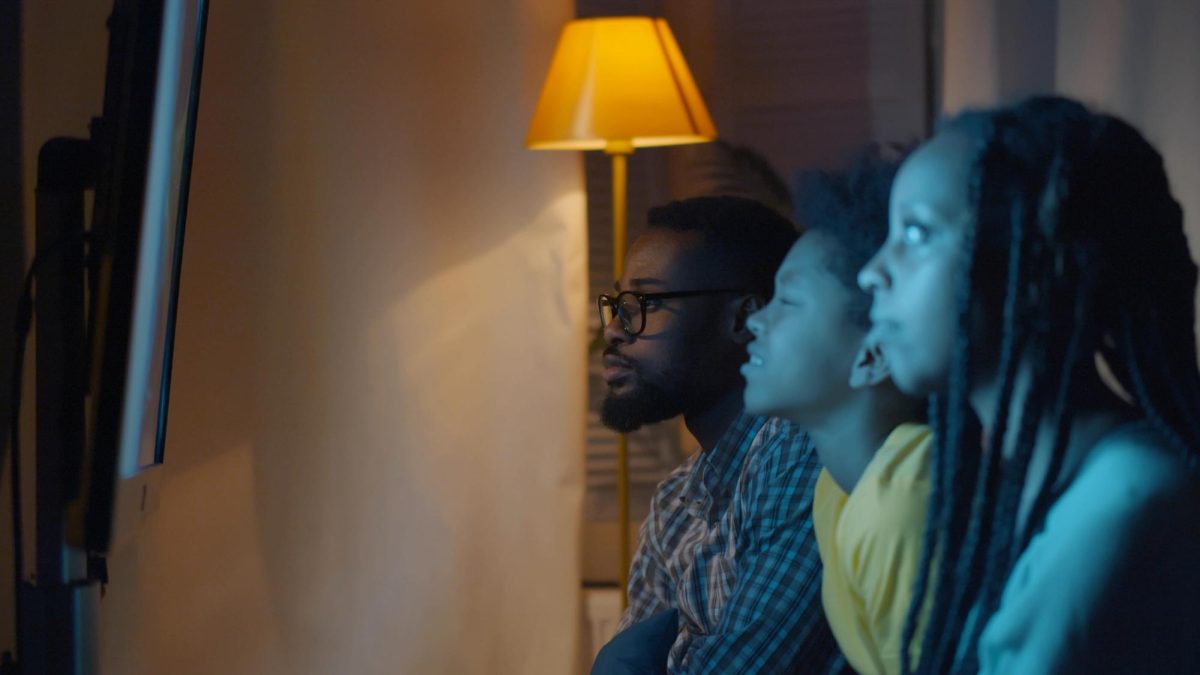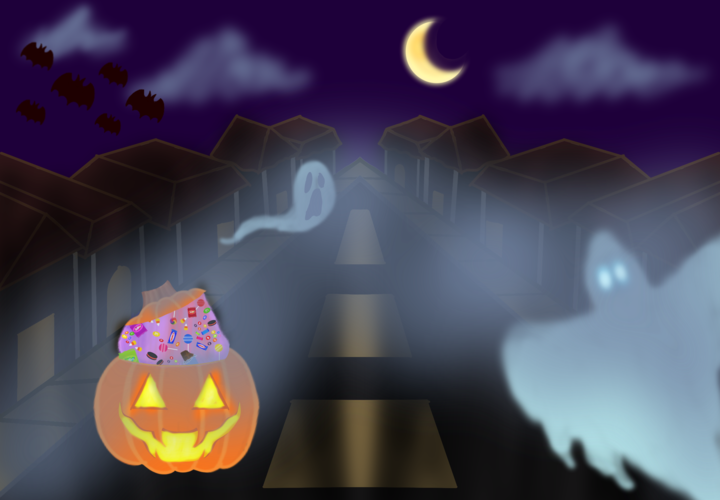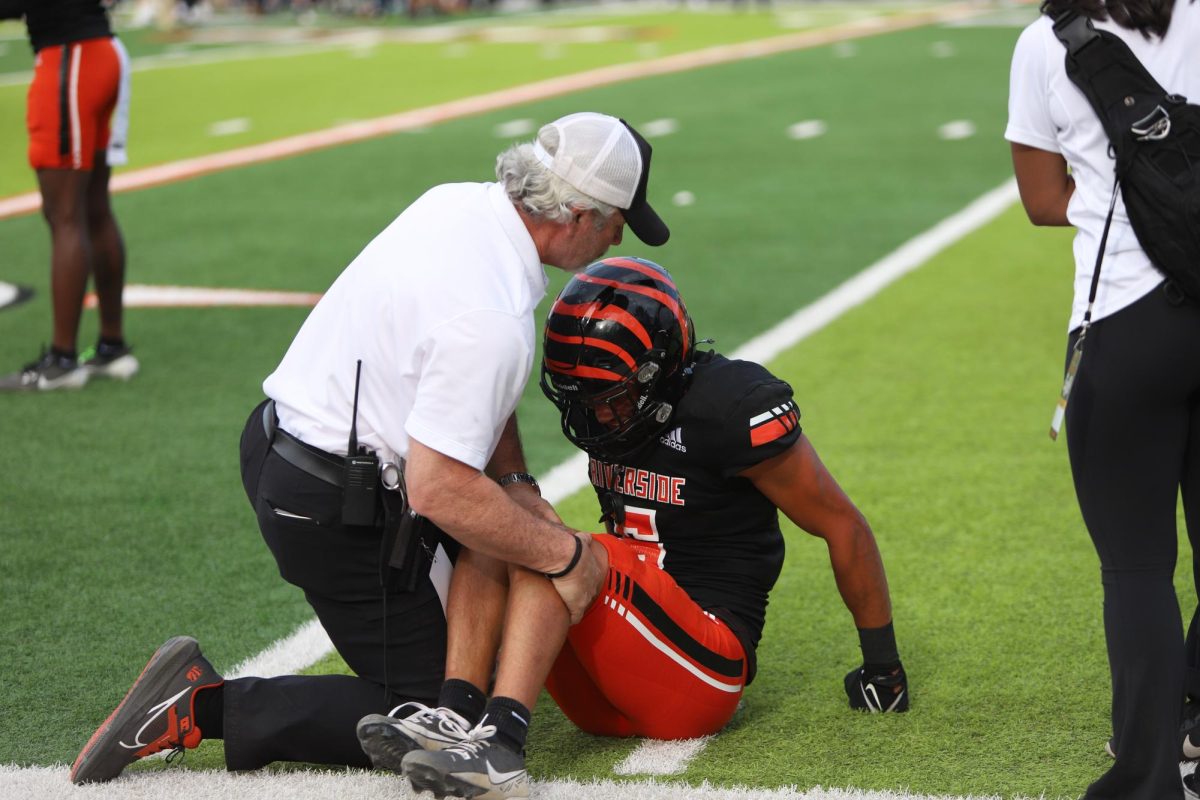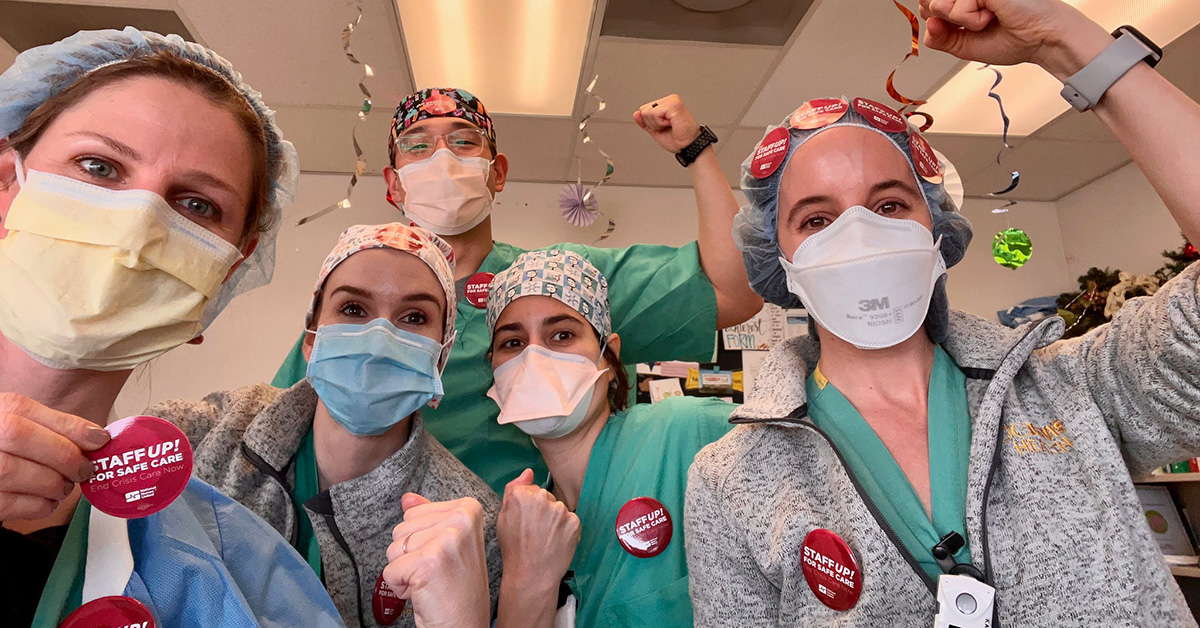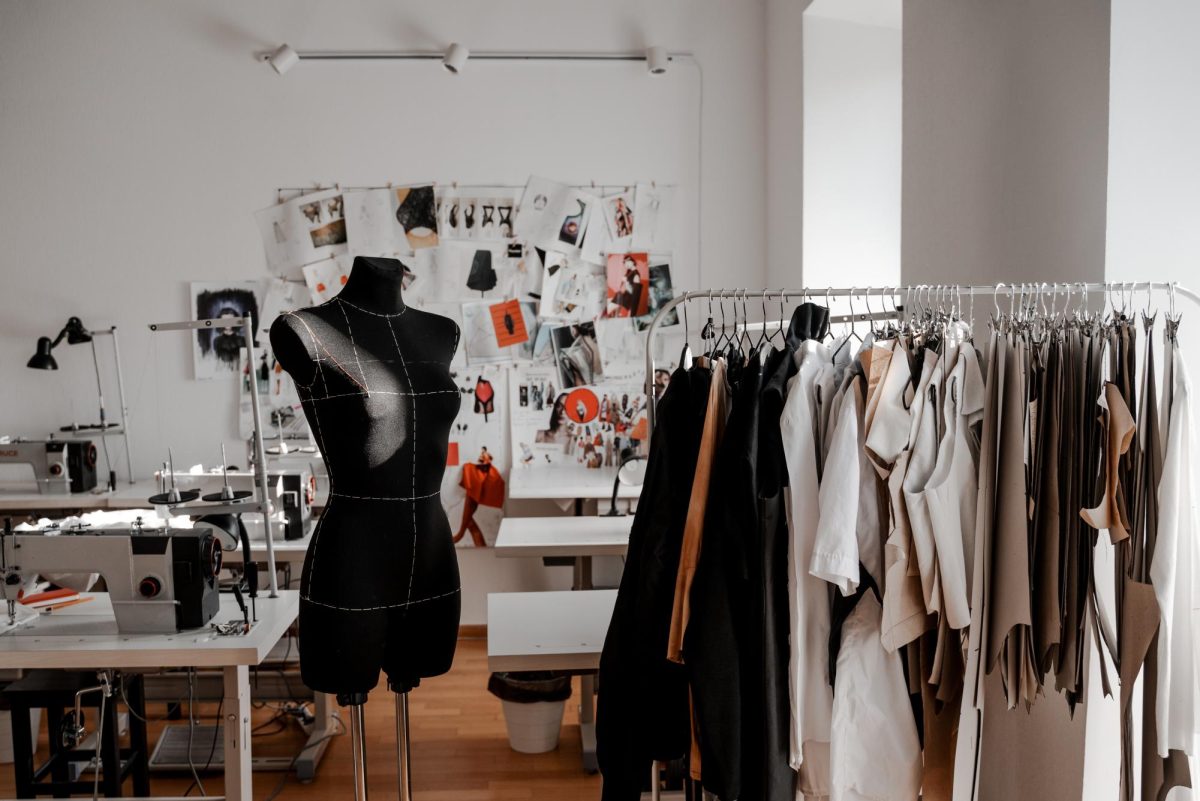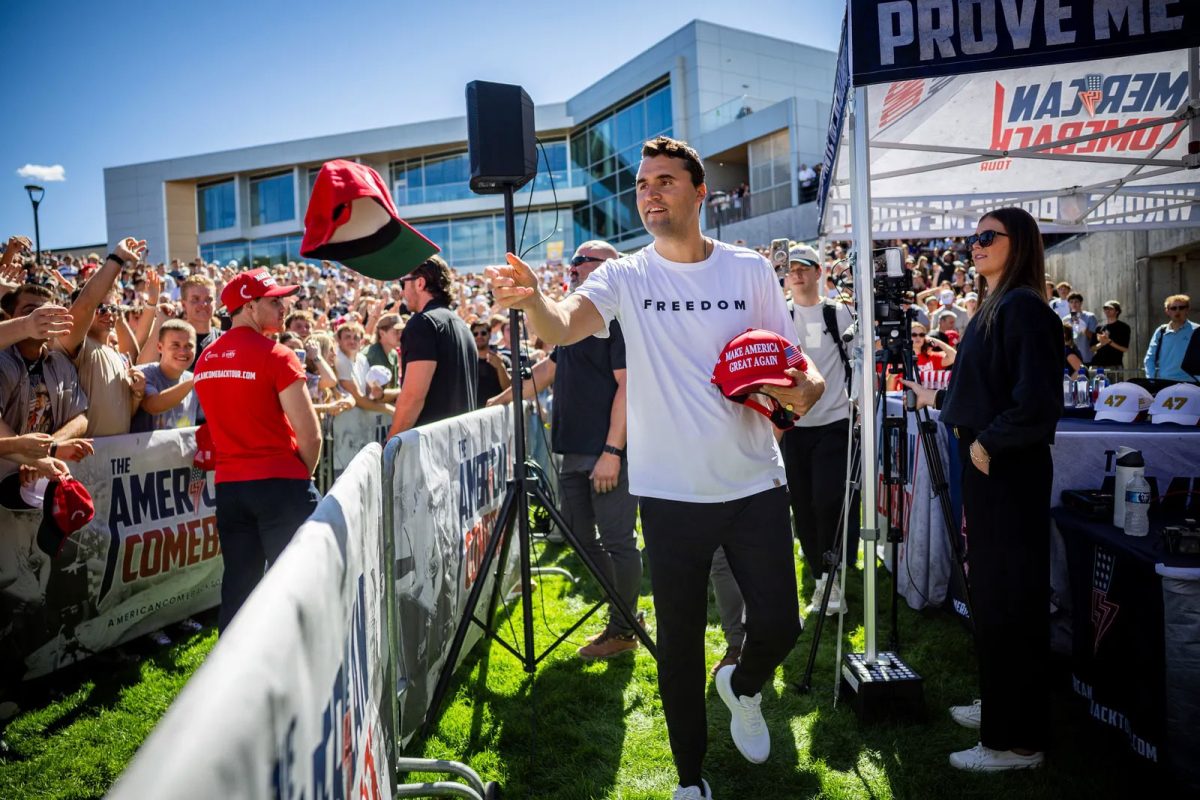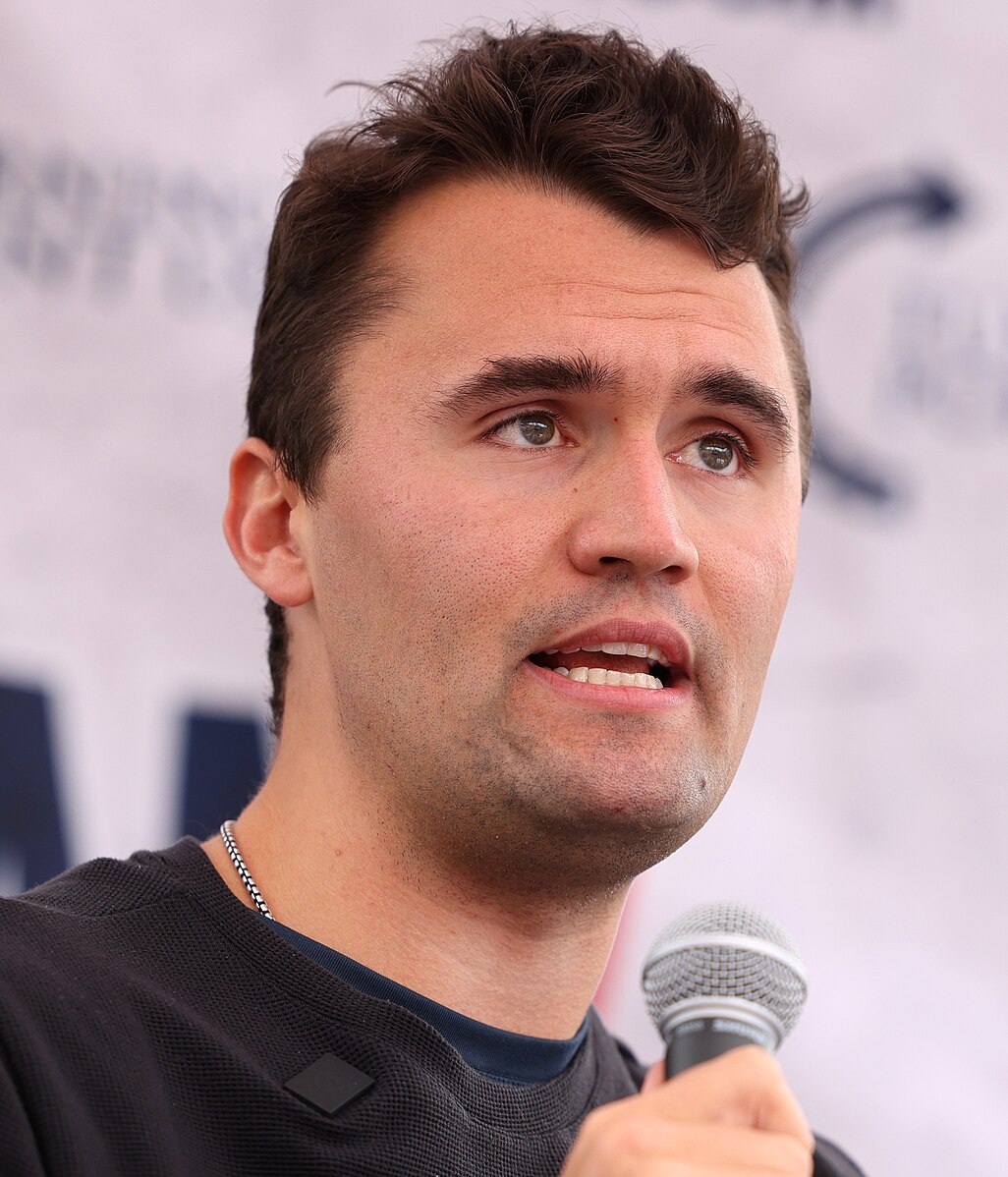What once served as a platform to highlight the diversity of the Black community through funny shows like Martin,” lifestyle series like “A Different World” and even reality shows like “Run’s House” has now become a stage for stereotypes, conflict-driven drama and performative narratives.
Shows like “Baddies West,” a reality show that follows a group of women as they travel and host events at nightclubs and “Joseline’s Cabaret,” featuring women competing to join rapper Joseline Hernandez’s cabaret show offer nothing but stereotypes of the Black community, reinforcing the negative portrayals of Black women rather than celebrating their accomplishments and resilience.
This change in representation is not only disappointing but also very damaging to the community. While entertainment has always included drama and exaggeration, the over fixation of hypersexualization and interpersonal conflict, especially among Black women, twists the public’s perception of African American culture.
Instead of showcasing the love, intelligence, creativity, leadership and everyday experiences that exist within the Black community, many shows choose to prioritize shock value for ratings.
On a recent episode of “Baddies West,” a cast member named Summer made an extremely disturbing comment after a physical altercation. She told another cast member that their face looked like Emmet Till’s. This is a reference that is not only disrespectful but also shows a painful disregard for the historical and racial trauma of Till, who was lynched in the Deep South in 1955 by white men for allegedly flirting with a white woman. His face was so badly beaten, he was unrecognizable. But Till’s mother chose to have an open casket during his funeral as a testament to the atrocities Blacks were facing during that era because of their race.
To use a 14-year-old boy’s name who was brutally lynched for comical laughs and giggles is so rude, especially on a platform that big. This reflects the normalization of ignorance and insensitivity in modern-day entertainment.
So I must ask: What are we teaching the younger generation?
When disrespect is rewarded with camera time, views and money for entertainment, we send a dangerous message. We teach young people that fame matters more than values. That Black people are only good for negative entertainment.
This type of content doesn’t make the culture better; it holds us back. It doesn’t challenge, injustice, or celebrate progress, it diminishes it.
We must do better.
We must highlight more shows that help uplift and inspire the audience. Shows that reflect the full spectrum of Black life, from joy and ambition to struggle and triumph. Shows such as “Abbott Elementary,” “Insecure,” and “College Hill” have proven that authentic, nuanced storytelling not only resonates but thrives.
The success of these series shows that viewers are ready for more than just drama; they want truth and good representation. Media is one of the most influential tools that shapes how we see people and ourselves. If we continue to promote shows that degrade us, we allow harmful narratives and stereotypes to shape our community. However, if we choose to uplift shows and celebrities that reflect our richness and reality, we can take control of the narrative.
It starts with us: what we watch, what we share and what we celebrate. Let’s support shows that educate, empower and entertain us without tearing us down.
The black community is more than men and women fighting, we are more than just sexualized images and dramatic outbursts. We are not defined by conflict or chaos.
We are brilliant.
We are resilient.
We are excellence.
The world needs to see the beauty and brilliance in our culture.

